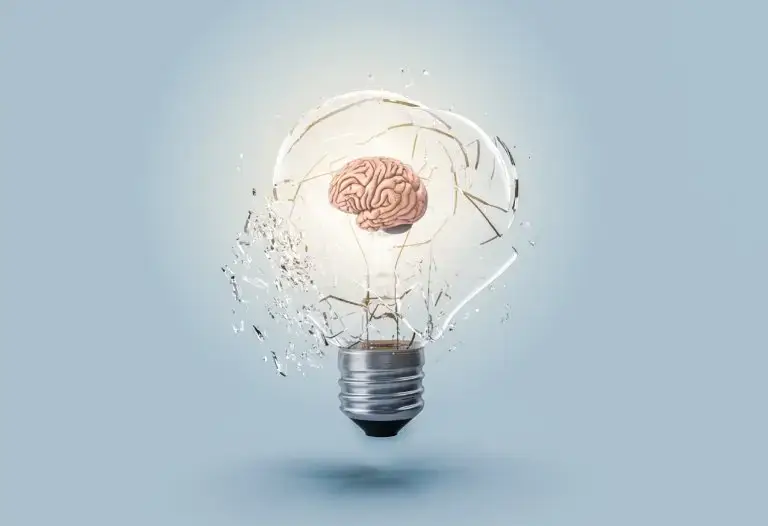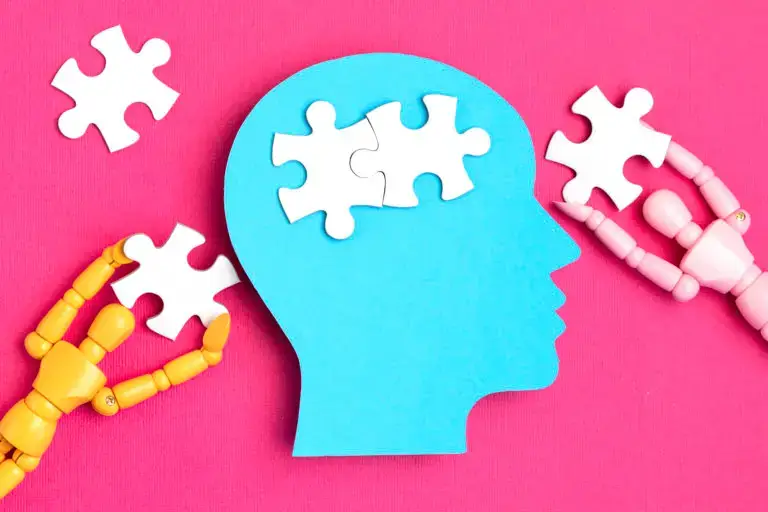
Marijuana use can cause brain damage and other symptoms. In addition, some brain effects of heavy Marijuana use may not be reversed.
What Does Marijuana Do to the Brain?
Many people are now curious about how Marijuana affects their brains and whether it causes brain cell death. Long-term Marijuana use can lead to irreversible brain damage. This is similar to years of heavy alcohol, Meth, and Heroin abuse. In addition, the brain can be damaged by Marijuana, which can lead to various symptoms throughout the body.
Marijuana components bind to specific receptors in your brain, just like other drugs. For example, Tetrahydrocannabinol, The primary psychoactive ingredient in Marijuana, attaches to the brain’s Cannabinoid-receptor type 1 (or CB1). These receptors are connected to brain nerves that control memory, appetite, pain regulation, mood, and mood.
People who smoke Marijuana may experience difficulties with concentration and recalling details. This problem can get worse if Marijuana is used for a long time. The drug can also affect motor skills. High-functioning users can put their lives at risk by driving while high.
Scientists are still not sure of the long-term effects that Marijuana can have on the brain. However, they have found a link between marijuana use during brain development and a lower IQ later in life. Exposure to THC as a child can cause cognitive and memory changes that can last decades. Adults who use Marijuana in adulthood have received less research.

Synthetic Marijuana’s Brain Effect
Although synthetic Marijuana isn’t safe for humans, it has gained popularity in recent years. It is also known as “Fake Weed” and can have mind-altering effects that cause individuals to behave strangely. Synthetic Marijuana can be illegal. It may contain toxic ingredients that can increase heart rate and cause bleeding or vomiting.
Synthetic Marijuana acts in the same way as Marijuana by attaching to the Cannabinoid Receptor Type 1 (CB1) located in the central and peripheral nervous system. Synthetic Marijuana is more potent than THC because it binds to CB1 receptors. Side effects of CB1 receptors can be severe and even fatal because they are located in multiple places in the brain.
The brain and body may experience synthetic Marijuana.
- Memory loss
- Seizures
- Psychosis
- Cardiac problems and respiratory issues
- Stroke
- Paranoia
- Hallucinations
- Emotional altered perception
- Violent behavior
- Brain and kidney damage
Synthetic Marijuana may cause addiction in addition to the symptoms listed above. Chronic addiction can lead to drug abuse and other dangerous behaviors. In addition, the brain’s activity will decline if you use Synthetic Marijuana for a long time. This is in addition to other negative physiological symptoms such as those listed above.
The Brain’s Short-term Effects of Marijuana Use
The brain’s immediate and short-term effects of Marijuana use include:
- Difficulty judging distances
- It is difficult to remember
- Fatigue
- Confusion
- Paranoia
- Anxiety
Marijuana can rarely trigger psychotic episodes that include hallucinations or delusions.
Long-term Effects of Marijuana Use on The Brain
The brain effects of long-term marijuana use are still being studied.
We know that long-term marijuana usage is associated with an increase in the risk of developing substance abuse disorders.
Long-term marijuana use can also affect memory, concentration, IQ, and other aspects of your brain.
It can also impact essential executive functions like problem-solving and decision-making.
These long-term effects can include, but are not limited to:
- Some cognitive impairment
- Some memory loss
- Tolerance of Marijuana has increased
- Marijuana dependence
How Marijuana Can Affect Cognition
Any long-term use of psychoactive substances can cause the potential for neurological impairment or imbalances. Marijuana is no exception. Many factors can affect the extent and nature of brain damage or other long-lasting effects.
- Age
- Frequency of usage
- The strength of the dosage
- Pre-existing mental illness, or genetic predisposition for mental illness

Although Marijuana is not as harmful as methamphetamine, alcohol, and cocaine, there are still undesirable cognitive side effects.
It shrinks your brain.
Over the last few decades, many studies have shown that chronic cannabis use has led to significant decreases in gray matter volume. Gray matter, the neuron-dense portion of our brain responsible for learning and other functions, is the subject of numerous studies over the past few decades. A particular study showed that heavy cannabis use could cause shrinkage in the amygdala and hippocampus parts of our brains, significantly impacting memory and learning.
It can lower your IQ
There is a New Zealand study involving over 1000 teenagers. They took an IQ test at 13 and 38 and inquired about their drug habits. This study showed that people who used Marijuana more than four times per week had an average IQ decline of 8 points. This is the first study to show that marijuana use can cause intelligence loss. These results also show the importance of frequency regarding the possibility of side effects lasting or severe.
It can stunt brain development in young people.
No decrease in intelligence was seen among those who started smoking as adults rather than teens. Cognitively, adolescents with still-developing brains are at the most significant risk. However, Marijuana does not kill brain cells. Instead, it hinders brain development and puts young adults at risk for various cognitive deficits. (The human brain doesn’t fully develop until 25).
The smaller the brain size of a person who starts to use it, the more they will experience a reduction in their prefrontal cortex.
It can alter your perception of reality.
Too much or too little brain dopamine can lead to mental illness. Chronic users of Marijuana have lower levels of dopamine activity. This can lead to psychotic symptoms similar to schizophrenia, such as anxiety, paranoia, and hallucinations. This is known as cannabinoid-induced psychosis. It makes it difficult to grasp reality and even impossible to remember. Additionally, the brain’s processing speed suffers from more significant dysfunction, negatively impacting cognition. Other studies showed that marijuana users of student age experienced slower processing speeds, lower verbal learning, and memory, as well as poorer sequencing abilities.
This phenomenon isn’t only for weed smokers. However, it does pose the most significant risk. These psychotic symptoms, also known as the “bad high,” affect approximately 15% of marijuana users. While most people experience these side effects only while intoxicated with Marijuana, some others become permanently afflicted and fall under the category of an actual drug-induced mental illness.
Get help today

Although Marijuana can calm individuals, it can also be dangerous when combined with other substances. It can be hard to quit using Marijuana. If you or someone you love is struggling to stop or are putting their lives at risk, treatment and detox may be necessary. The therapy removes triggers that can lead to relapse.
Make a life-changing call now at 9099713333 or request a call back to get more information about treatment in our rehab.
Is my treatment covered?
Your PPO insurance probably pays for all entire addiction treatment. Call now or enter your phone number to receive a call from us with a detailed explanation about your options to start your journey to recovery. It is a confidential, completely free conversation with our admission specialist.
You can break the chains of addiction with Hathaway Recovery!






